Thorough Guide to Promote Natural Collagen in skin
Collagen In Skin: 11 Tips To Promote Natural Collagen Production
Eat a diet rich in antioxidants.
Eating a diet rich in antioxidants can help protect the skin from damage caused by free radicals, which can contribute to collagen breakdown and premature aging. Here are some foods that are rich in antioxidants and can help boost collagen production:
-
Berries: Berries such as blueberries, strawberries, and raspberries are rich in antioxidants called anthocyanins, which can help protect the skin from damage and promote collagen production.
-
Leafy Greens: Leafy greens such as spinach, kale, and Swiss chard are rich in antioxidants such as vitamin C and beta-carotene, which can help protect the skin from damage and promote collagen production.
-
Citrus Fruits: Citrus fruits such as oranges, lemons, and grapefruits are rich in vitamin C, which is essential for collagen production.
-
Nuts and Seeds: Nuts and seeds such as almonds, sunflower seeds, and pumpkin seeds are rich in vitamin E, which can help protect the skin from damage and promote collagen production.
-
Fish: Fatty fish such as salmon and tuna are rich in omega-3 fatty acids, which can help reduce inflammation and promote collagen production.
Eating a balanced diet that includes a variety of fruits, vegetables, whole grains, and lean proteins can help promote overall skin health and boost collagen production. Additionally, it is important to stay hydrated by drinking plenty of water throughout the day, as dehydration can contribute to skin dryness and collagen breakdown.
Limit your intake of refined carbohydrates.
Limiting your intake of refined carbohydrates and sugar can help protect collagen breakdown in the skin. Refined carbohydrates and sugar can contribute to the process of glycation, which occurs when excess sugar molecules bind to collagen fibers in the skin, causing them to become stiff and less flexible. This process can result in collagen breakdown and premature ageing. Here are some tips to limit your intake of refined carbohydrates and sugar:
-
Limit your intake of processed foods: Processed foods such as baked goods, sugary snacks, and sweetened drinks are often high in refined carbohydrates and sugar. Try to limit your intake of these foods and choose whole foods instead.
-
Choose complex carbohydrates: Complex carbohydrates such as whole grains, fruits, and vegetables are digested more slowly than refined carbohydrates, which can help regulate blood sugar levels and reduce the risk of glycation.
-
Use natural sweeteners: Instead of using refined sugar, try using natural sweeteners such as honey, maple syrup, or stevia.
-
Read food labels: Be aware of the amount of sugar and refined carbohydrates in the foods you eat by reading food labels. Look for products with lower sugar and carbohydrate content.
-
And....stay hydrated: Drinking plenty of water throughout the day can help keep the skin hydrated and reduce the risk of collagen breakdown.
By limiting your intake of refined carbohydrates and sugar and choosing whole, nutrient-dense foods, you can help protect collagen breakdown and promote overall skin health.
Protect your skin from UV radiation.
Protecting your skin from sun damage is crucial if you want to maintain healthy collagen production and prevent premature aging. Sun exposure can damage collagen fibers and reduce collagen production, leading to wrinkles, sagging skin, and other skin concerns. Here are some tips for protecting your skin from sun damage:
-
Wear sunscreen: Choose a broad-spectrum sunscreen with an SPF of at least 30, and apply it generously to all exposed skin before going outside. Reapply every 2 hours, or more often if you are sweating or swimming.
-
Avoid peak sun hours: The sun's rays are strongest between 10 a.m. and 2 p.m., so try to avoid being outside during these hours if possible.
-
Wear protective clothing: Wearing long-sleeved shirts, pants, and hats can help protect your skin from the sun's rays. Look for clothing made from lightweight, breathable fabrics that provide UPF (ultraviolet protection factor) sun protection.
-
Seek shade: When you're outside, try to stay in the shade as much as possible. This can help reduce your exposure to the sun's harmful rays and protect your skin from damage.
-
Avoid tanning beds: Tanning beds expose your skin to high levels of UV radiation, which can damage collagen fibers and reduce collagen production. Avoid using tanning beds if you want to protect your skin and maintain healthy collagen production.
By taking steps to protect your skin from sun damage, you can help support healthy collagen production and prevent premature ageing. Remember to wear sunscreen, avoid peak sun hours, wear protective clothing, seek shade, and avoid tanning beds to keep your skin healthy and radiant.
Quit smoking.
If you want to boost collagen production and improve the health and appearance of your skin, quitting smoking is an important step to take. Smoking is known to damage collagen fibers and reduce collagen production, which can lead to premature aging, wrinkles, and other skin concerns. Here are some reasons why quitting smoking can help boost collagen:
-
Reduced inflammation: Smoking causes inflammation throughout the body, which can damage collagen fibers and reduce collagen production. Quitting smoking can help reduce inflammation and allow collagen production to improve.
-
Improved blood flow: Smoking constricts blood vessels and reduces blood flow to the skin, which can limit the delivery of oxygen and nutrients that support collagen production. Quitting smoking can help improve blood flow and support collagen production.
-
Reduced oxidative stress: Smoking causes oxidative stress in the body, which can damage collagen fibers and reduce collagen production. Quitting smoking can help reduce oxidative stress and allow collagen production to improve.
-
Reduced exposure to toxins: Smoking exposes the body to a variety of toxins, which can damage collagen fibers and reduce collagen production. Quitting smoking can help reduce exposure to these toxins and allow collagen production to improve.
Quitting smoking can be challenging, but it can have a significant impact on your overall health and the health of your skin. If you need support in quitting smoking, consider reaching out to a healthcare provider or support group for assistance.
Get enough sleep.
Getting enough sleep is essential for overall health and well-being, including collagen production. During sleep, the body repairs and regenerates tissues, including collagen fibers in the skin. Here are some tips to ensure you are getting enough sleep to improve collagen production:
-
Aim for 7-9 hours of sleep per night: Most adults need 7-9 hours of sleep per night to function at their best. Aim to establish a regular sleep schedule that allows you to get the recommended amount of sleep each night.
-
Create a relaxing bedtime routine: Establishing a relaxing bedtime routine can help signal to your body that it is time to wind down and prepare for sleep. This can include activities such as reading, taking a warm bath, or practicing relaxation techniques such as meditation or deep breathing.
-
Avoid screens before bed: The blue light emitted from electronic devices such as smartphones and computers can disrupt the body's natural sleep-wake cycle, making it harder to fall asleep. Avoid using screens before bed, or use blue light blocking glasses if you must use them.
-
Create a sleep-conducive environment: Create a sleep-conducive environment by keeping your bedroom cool, dark, and quiet. Use comfortable bedding and invest in a supportive mattress and pillows.
-
Avoid caffeine and alcohol: Caffeine and alcohol can interfere with sleep quality and disrupt collagen production. Avoid consuming these substances in the hours leading up to bedtime.
By prioritizing sleep and establishing healthy sleep habits, you can help improve collagen production and promote overall skin health.
Consume alcohol mindfully & stay hydrated.
Staying hydrated is important for overall health, and it can also help boost collagen production in the skin. Drinking plenty of water helps to keep the skin moisturized and supple, which can help reduce the appearance of fine lines and wrinkles. Here are some tips for staying hydrated to support collagen production:
-
Drink plenty of water: Aim to drink at least 8 glasses of water per day to stay hydrated. You may need to drink more if you are active or live in a hot or dry climate.
-
Eat hydrating foods: Foods that are high in water content, such as cucumbers, watermelon, and tomatoes, can also help to keep you hydrated and support collagen production.
-
Limit alcohol consumption: Alcohol can dehydrate the body and lead to dry, dull skin. Limit your alcohol consumption to support hydration and collagen production.
-
Consider electrolyte drinks: If you are engaging in strenuous exercise or sweating heavily, you may need to replenish electrolytes to support hydration. Consider drinking an electrolyte drink or eating foods that are high in electrolytes, such as bananas and coconut water.
Staying hydrated is just one aspect of a healthy lifestyle that can support collagen production and overall skin health. It's important to combine hydration with other healthy habits, such as a balanced diet, regular exercise, and good sleep habits, to support collagen production and maintain healthy, youthful-looking skin.
Incorporate Retinol into your skincare.
Retinol is known to stimulate collagen production in the skin. Collagen is a protein that provides structure and elasticity to the skin, making it appear youthful and supple. As we age, collagen production decreases, resulting in wrinkles, fine lines, and sagging skin.
Retinol works by increasing cell turnover and stimulating the production of collagen in the skin. It can also help improve the appearance of fine lines and wrinkles, and reduce the signs of aging.
Retinol is a form of vitamin A, which is a crucial nutrient for skin health. Vitamin A derivatives, including retinoids, have been shown to increase collagen synthesis in the skin by regulating gene expression and signaling pathways that promote collagen production.
However, it is important to note that excessive use of Retinol or incorrect usage can cause irritation and damage to the skin. It is recommended to start with a low concentration of Retinol and gradually increase usage over time to avoid any negative effects. Additionally, using a moisturizer along with Retinol can help minimise any potential dryness or irritation.
Use collagen boosting ingredients topically.
Using skincare products that contain collagen-boosting ingredients can help improve the appearance of skin and reduce the signs of ageing. Here are some of the collagen-boosting ingredients commonly found in skincare products:
-
Peptides: Peptides are small chains of amino acids that can help stimulate collagen production in the skin. They can help improve skin elasticity and reduce the appearance of fine lines and wrinkles.
-
Vitamin C: Vitamin C is a potent antioxidant that can help protect the skin from free radicals, which can cause damage to collagen and other structures in the skin. It can also help boost collagen production and improve skin texture.
-
Hyaluronic Acid: Hyaluronic acid is a molecule that naturally occurs in the skin and helps to hydrate and plump up the skin. It can help improve skin elasticity and reduce the appearance of fine lines and wrinkles.
-
Retinol: As mentioned earlier, retinol is a form of vitamin A that can help stimulate collagen production in the skin. It can also help improve skin texture and reduce the appearance of fine lines and wrinkles.
Using skincare products that contain these ingredients can help boost collagen production in the skin and improve the overall appearance of the skin. It is important to note that results may vary and consistency in use is key for long-term benefits.
Take a collagen supplement.
Collagen supplements are a popular option for people looking to boost collagen production and promote overall skin health. Collagen supplements come in various forms, including powders, capsules, and drinks, and are often made from animal sources such as bovine or marine collagen. Here are some things to consider when incorporating collagen supplements into your diet:
-
Choose a high-quality supplement: Look for a supplement that is made from high-quality, sustainable sources of collagen and has undergone rigorous testing for safety and efficacy.
-
Follow the recommended dosage: Collagen supplements typically have a recommended dosage based on the type of collagen and the form of the supplement. Follow the recommended dosage to ensure you are getting the right amount of collagen to support collagen production.
-
Combine with vitamin C: Vitamin C is essential for collagen production, so consider combining your collagen supplement with a vitamin C supplement or foods rich in vitamin C.
-
Be patient: It can take several weeks or months of consistent use to see the effects of collagen supplements on collagen production and skin health.
-
Consider other lifestyle factors: Collagen supplements can be a helpful addition to a healthy lifestyle that includes a balanced diet, regular exercise, and good sleep habits.
It's important to note that collagen supplements are not a magic solution for skin health and should be used in conjunction with other healthy habits. As with any supplement, it's also important to consult with a healthcare provider before starting to take collagen supplements, especially if you have any pre-existing health conditions or are taking medication.
Practice facial massage techniques.
Facial massage techniques can help stimulate blood circulation and collagen production in the skin, resulting in a brighter, more youthful complexion. Here are some facial massage techniques that can help boost collagen production:
-
Pinching: Gently pinch the skin on your cheeks, forehead, and around your mouth to improve blood flow and stimulate collagen production.
-
Tapping: Use your fingertips to gently tap your cheeks, forehead, and jawline to stimulate blood flow and promote collagen production.
-
Rolling: Use a jade roller or a facial roller to gently roll over your skin. This can help stimulate collagen production and improve skin texture.
-
Kneading: Use your fingertips to knead your skin in circular motions. This can help improve blood circulation and promote collagen production.
-
Gua Sha: Use a Gua Sha tool to gently scrape the skin on your face in upward and outward motions. This can help stimulate blood flow and promote collagen production.
It is important to note that when performing facial massage techniques, it is essential to use gentle pressure and avoid pulling or tugging at the skin. Overly aggressive massage can cause skin damage and break down collagen fibers. It is recommended to use a facial oil or serum during massage to help lubricate the skin and avoid any potential damage.
Consider professional treatments.
Microneedling is a professional skincare treatment that involves using tiny needles to puncture the skin, which can stimulate collagen production and improve the appearance of fine lines, wrinkles, and other skin concerns. Here are some things to consider when exploring microneedling as a collagen-boosting treatment:
-
Choose a reputable provider: Microneedling should only be performed by a licensed and trained skincare professional. Do your research and choose a reputable provider with a track record of safe and effective treatments.
-
Discuss your skin concerns: Before undergoing microneedling, discuss your skin concerns and goals with your provider. They can help determine if microneedling is the right treatment for you and develop a personalized treatment plan.
-
Prepare for downtime: Microneedling can cause some redness, swelling, and flaking in the days following treatment. Plan accordingly and avoid scheduling any important events or activities during this time.
-
Follow aftercare instructions: Your provider will provide you with specific aftercare instructions, which may include avoiding certain skincare products and activities, and applying a soothing ointment or serum to the treated area.
-
Be patient: It can take several weeks or months to see the full effects of microneedling on collagen production and skin health. Be patient and follow your provider's recommended treatment plan.
Microneedling can be an effective way to stimulate collagen production and improve the appearance of fine lines, wrinkles, and other skin concerns. However, it's important to choose a reputable provider and follow aftercare instructions to ensure safe and effective treatment.
The bottom line
Let's face it: Ageing is a normal part of life. So instead of trying to stop the ageing process, why not look for ways to promote healthy ageing? By practicing these habits on the regular, you can give your body the tools it needs to support collagen synthesis on its own and keep your skin looking its best. Remember to be patient, as collagen production is a gradual process, and it may take several weeks or even months to see visible results. With consistent effort and a healthy lifestyle, you can maintain healthy, youthful-looking skin for years to come.
-
Eat a healthy diet rich in collagen-boosting nutrients like Vitamin C, zinc, and copper. These nutrients are essential for collagen synthesis.
-
Avoid processed foods and sugar, which can contribute to inflammation and damage collagen.
-
Protect your skin from sun damage by wearing sunscreen and avoiding excessive sun exposure.
-
Quit smoking, as smoking can damage collagen and contribute to premature ageing.
-
Get plenty of sleep, as sleep is essential for collagen production and repair.
-
Stay hydrated by drinking plenty of water to keep your skin looking plump and hydrated.
-
Incorporate retinol into your skincare routine, as it can stimulate collagen production and reduce the appearance of fine lines and wrinkles.
-
Use skincare products that contain collagen-boosting ingredients, such as peptides, Vitamin C, and hyaluronic acid.
-
Consider incorporating collagen supplements into your diet, as they can help to boost collagen production from the inside out.
-
Practice facial massage techniques to stimulate collagen production and improve skin tone and texture.
-
Consider professional treatments such as microneedling, which can stimulate collagen production and improve the appearance of fine lines and wrinkles.

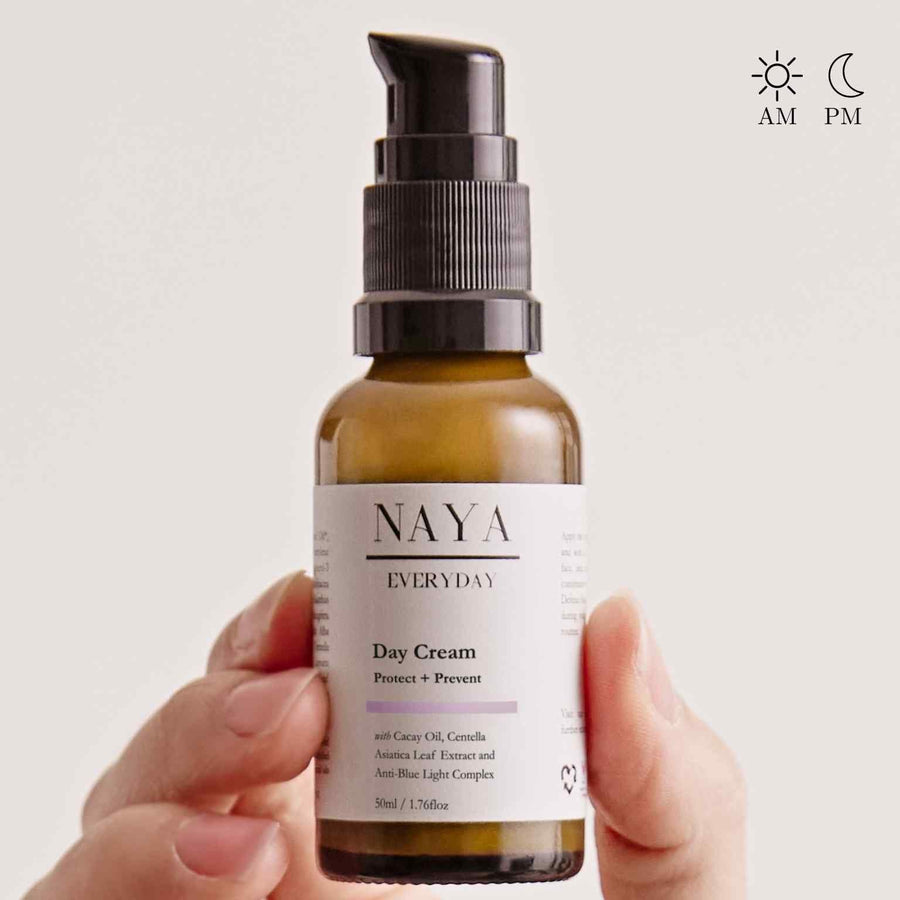
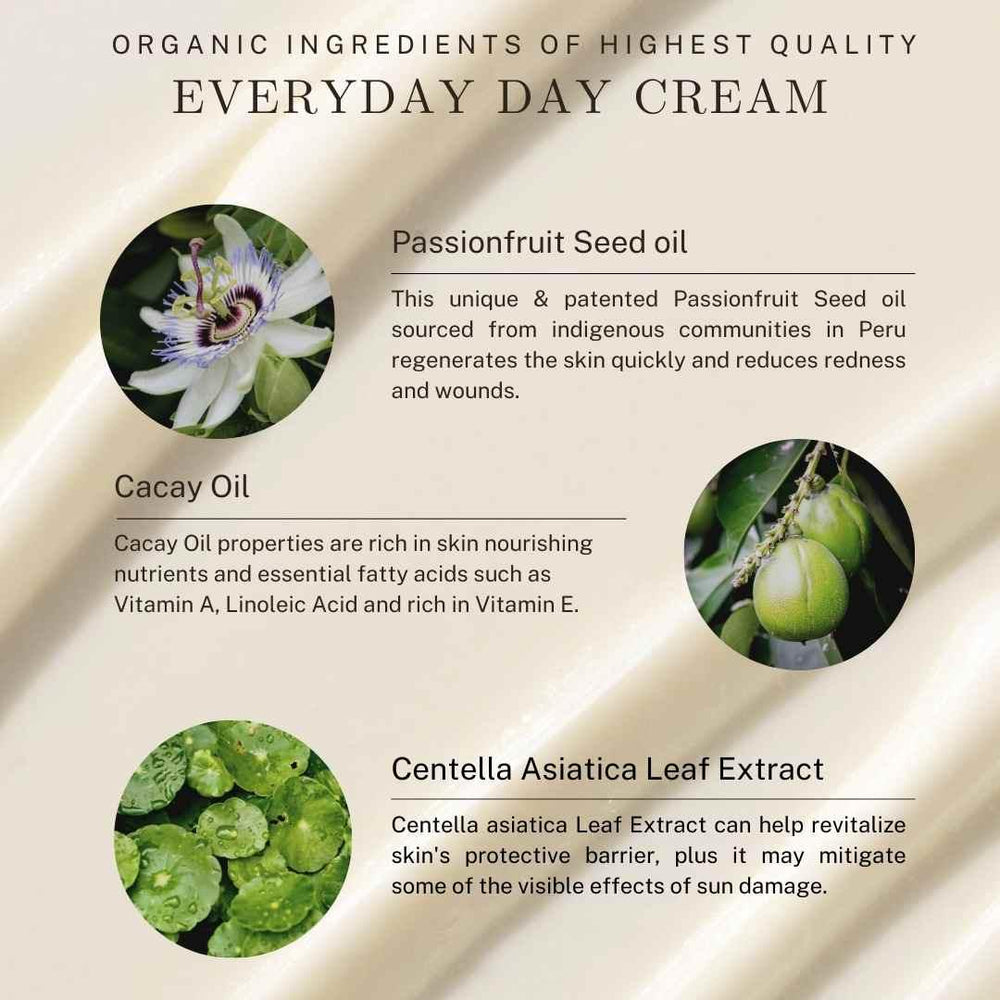
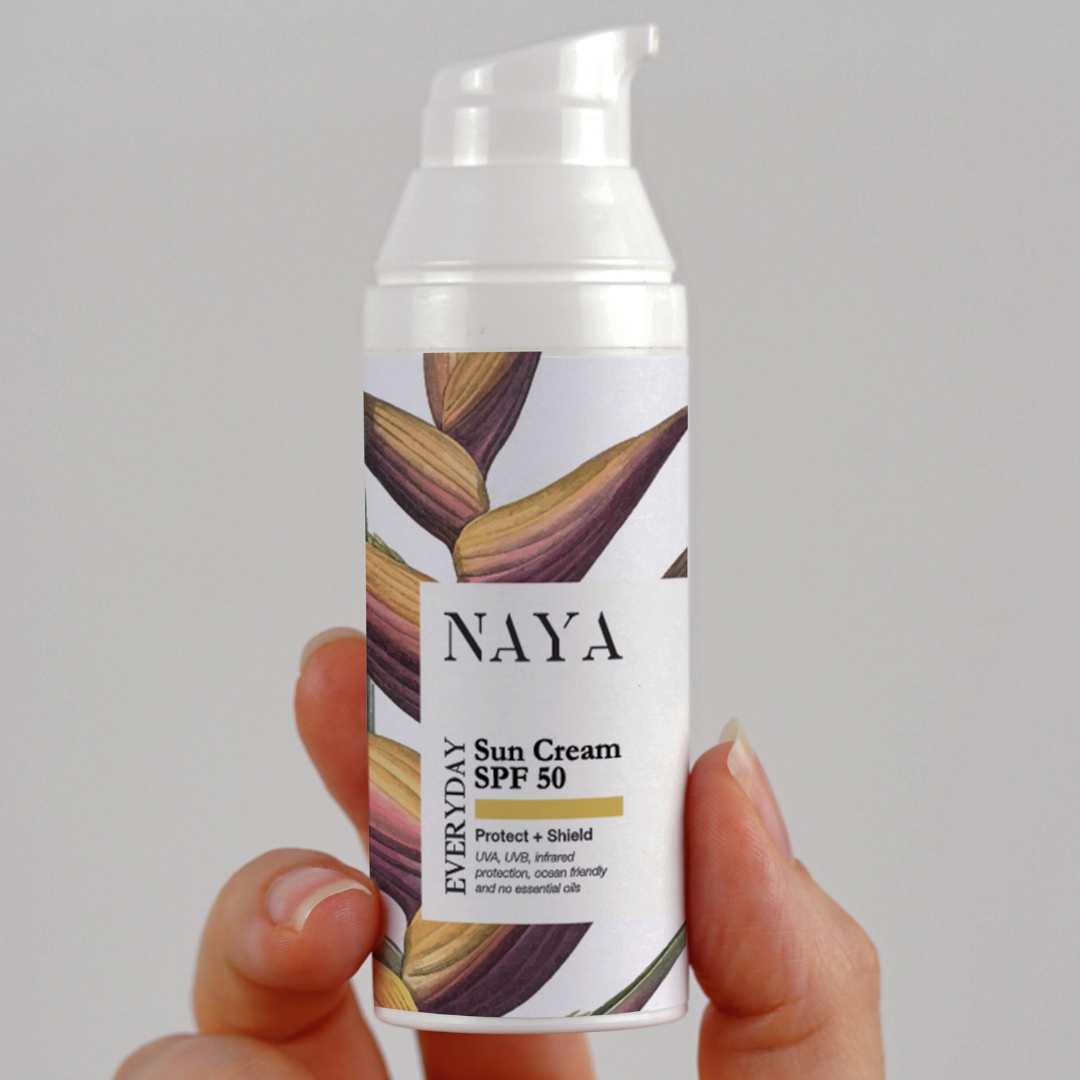
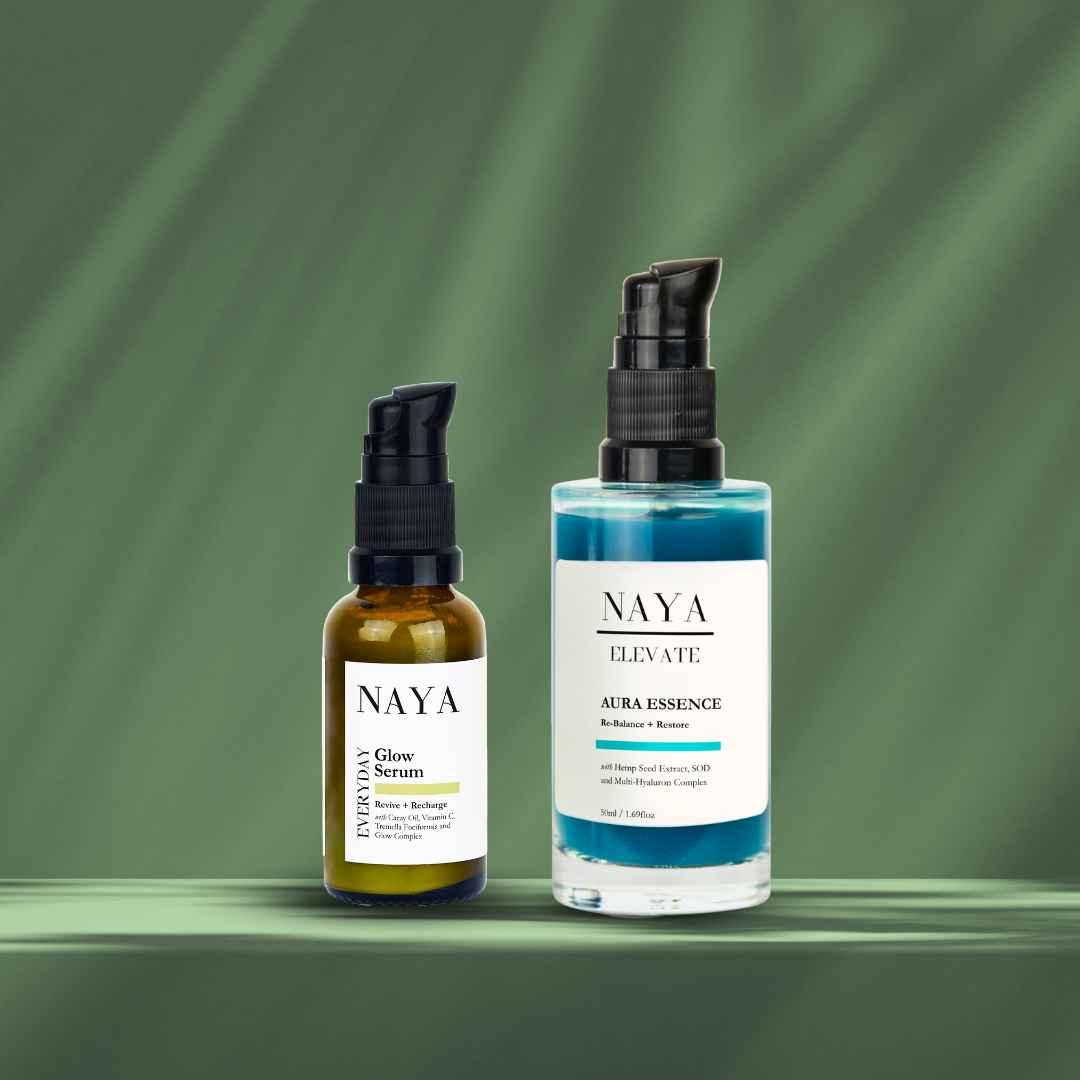




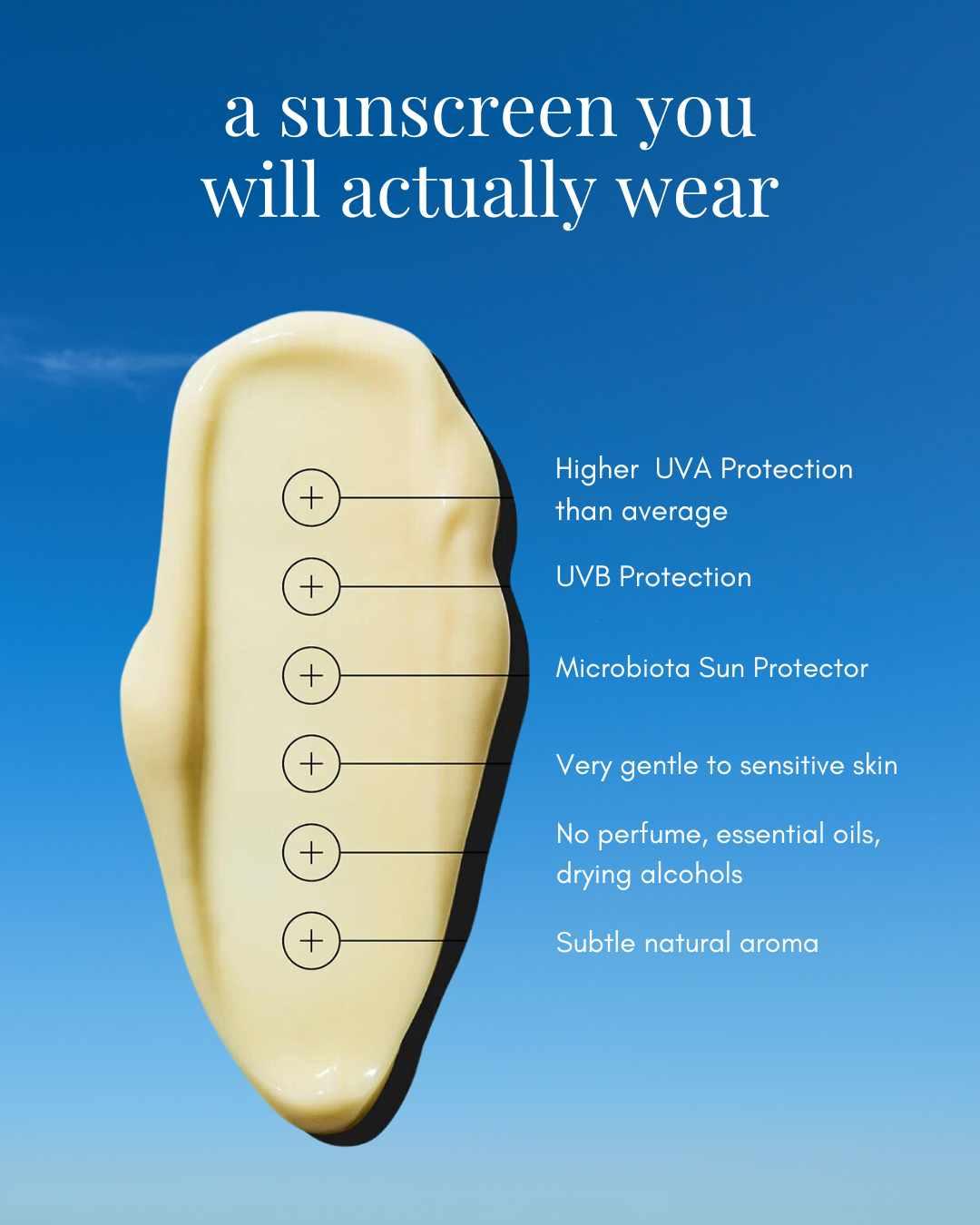
Leave a comment